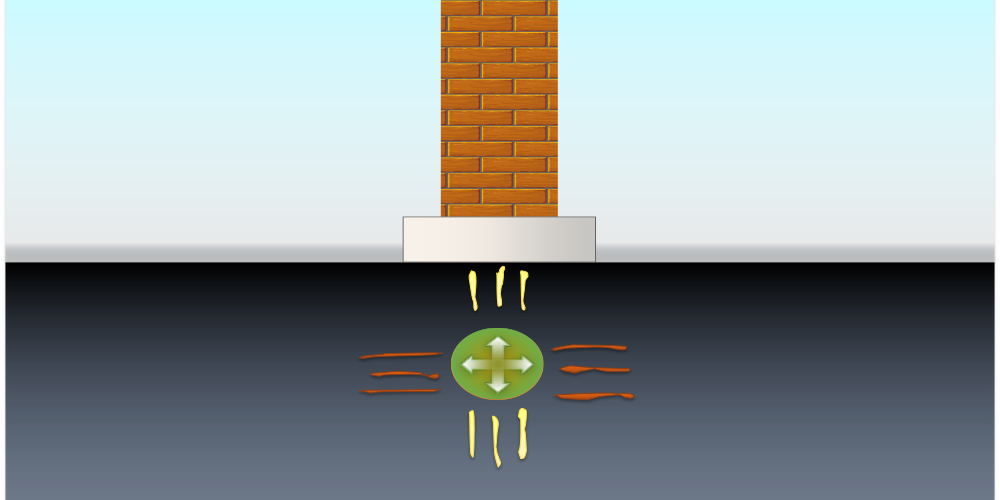
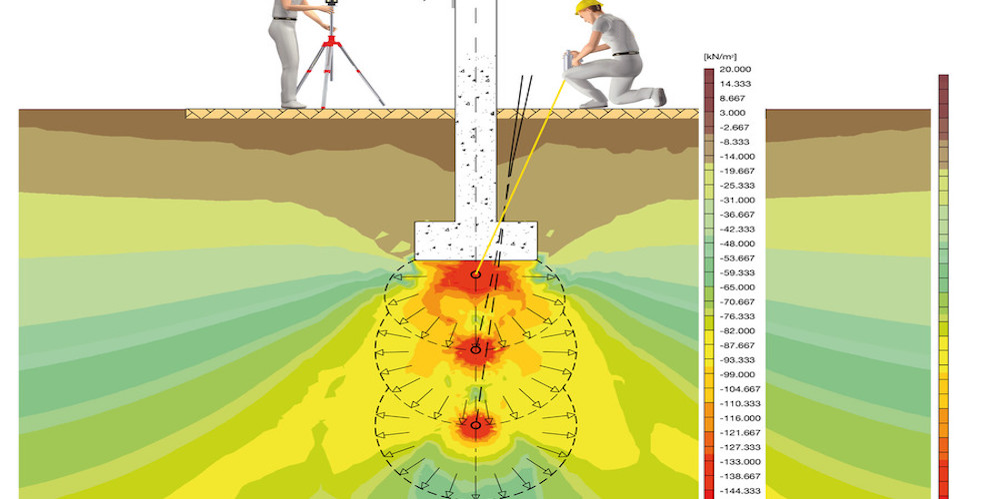
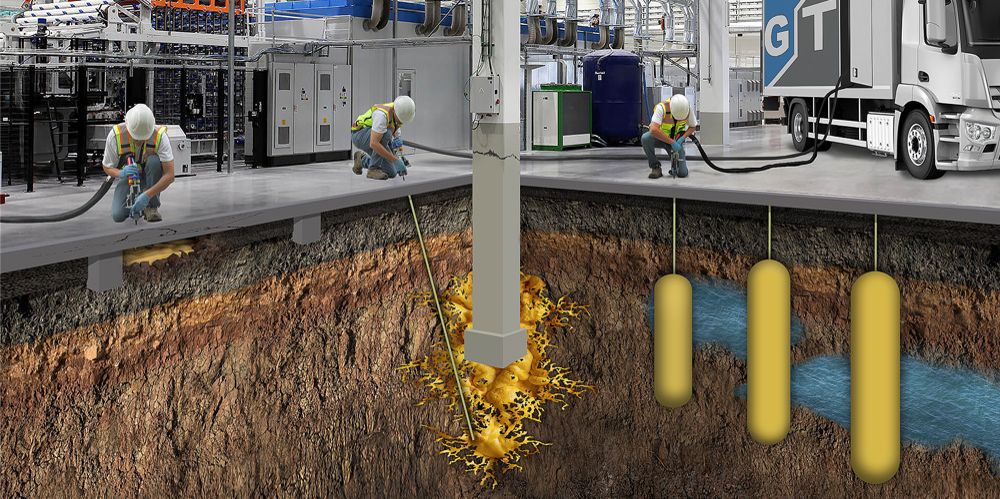
Views 3292
What cracks are mistaken for sediment?
Buildings are cracking over a number of reasons, in addition to the offset of the foundation (uneven precipitation).These cracks are the symptoms of various problems associated with the design and construction of household facilities, including the choice of materials and design designs.Therefore, when assessing damage to the building, the engineer should apply a holistic approach, unbiased and consider all possible reasons before proceeding to further actions to eliminate possible damage from sedimentation.
unsuccessful design solution can lead to cracks and damage to
- The construction of bearing walls at the roof level is arranged with insufficient retention effort (for example, there is no Mauerlat), which leads to lateral displacement and the occurrence of cracks in the body of the wall
- The rafting roof system is incorrectly connected to the supports, it leads to the cutting of the roof.In some cases, it can lead to lateral displacement of brick masonry at the level of the cornice
- Bearing walls of the first floor have an insufficient carrying capacity, which leads to the deflection of the beams of the first floor and cracking internal panels
- Window blocks with supporting supports are replaced by PVC blocks without amplifying window opening, which leads to a deflection or displacement in masonry above the outlook
- organization of residential area on the first floor by demolishing bearing walls without proper support for supporting elements at the level of overlapping the first floor
Design inability to adapt to temperature change
All building materials are subject to deformations due to temperature fluctuations.It depends on the coefficient of expansion of materials.If the wall is completely limited in the edges, it cannot expand and shrink without consequences - and cracks occur.
Movement due to changes in moisture content
Most building materials (with the exception of metal) are subject to resizing due to changes in their humidity.Fresh bricks dried in the oven or concrete blocks will be subject to the greatest risk of deformations due to moisture in the long run.This is due to the absorption of moisture when water molecules are associated with material molecules.
incompatible materials
Considering that various materials, such as wood and brick, have different characteristics of the thermal change of form.There is a risk that when combining these materials, the difference between the deformations can lead to cracking trim.This can usually be seen on the junction of plasterboard and wooden partitions, where they are encountered with solid stone masonry walls.
Poor quality of construction and assembly work
The bad quality of execution, of course, can lead to a wide range of damage to property after construction.It affects such structural elements as foundations, overlap plates, floors, partitions and bearing walls.
aging and destruction of building materials
Considering that in the housing stock there is a significant amount of objects from different "epochs", which during construction could be designed only with a service life of 50-100 years, it is not surprising that defects appear due to gradual wear of the building design.Maintenance costs are a burden that few homeowners are fully taken into account when buying an old real estate.
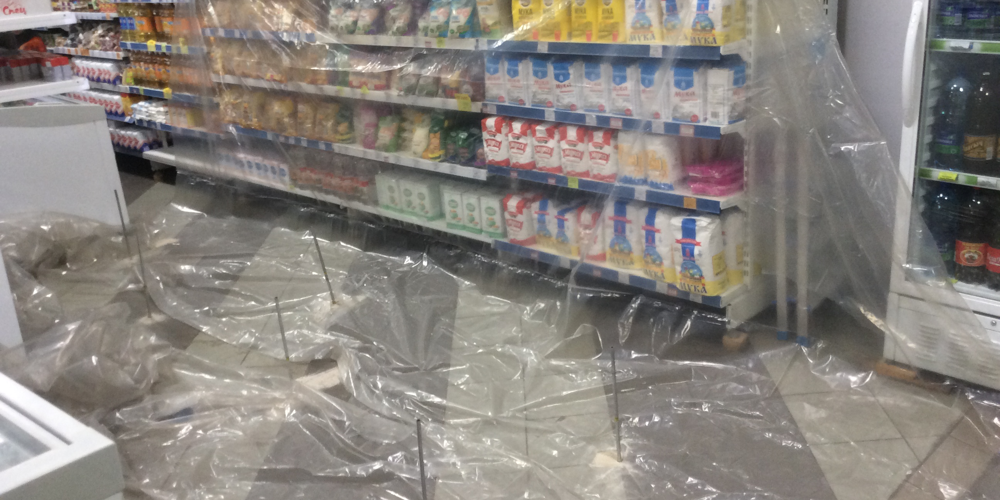
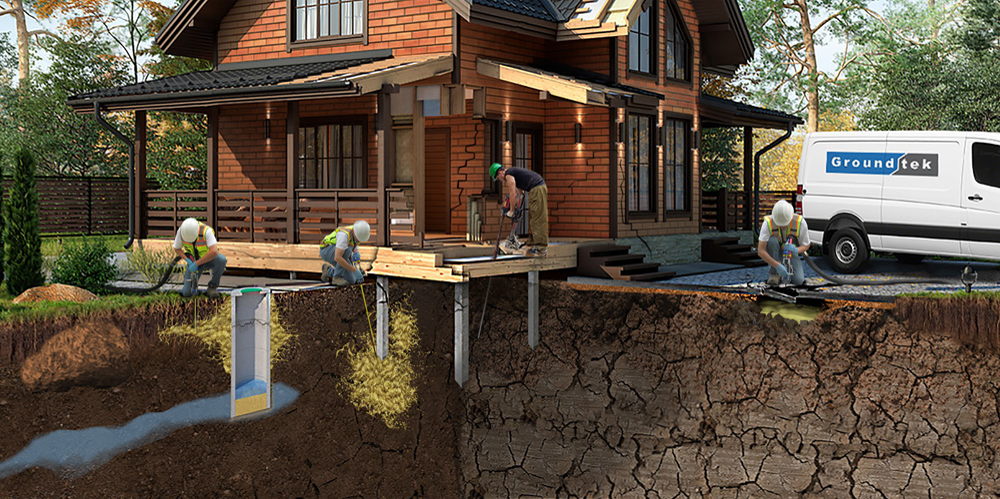
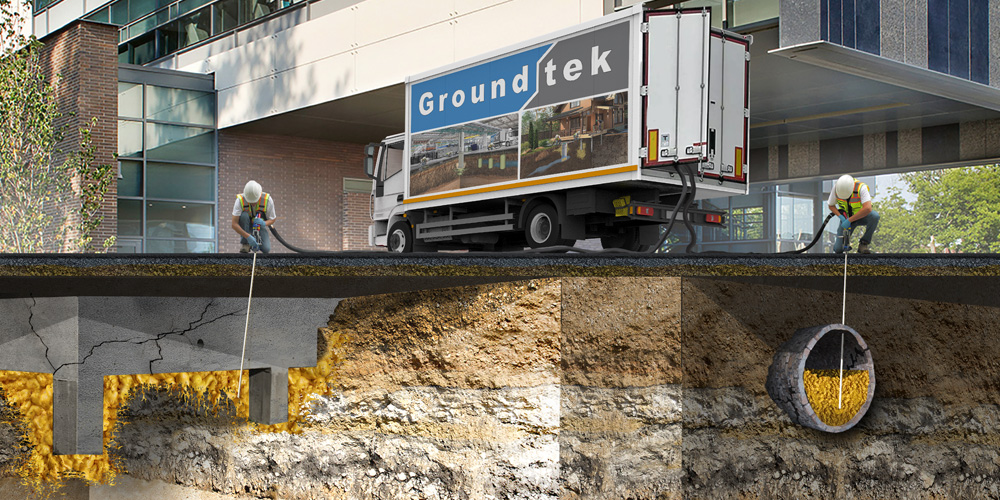
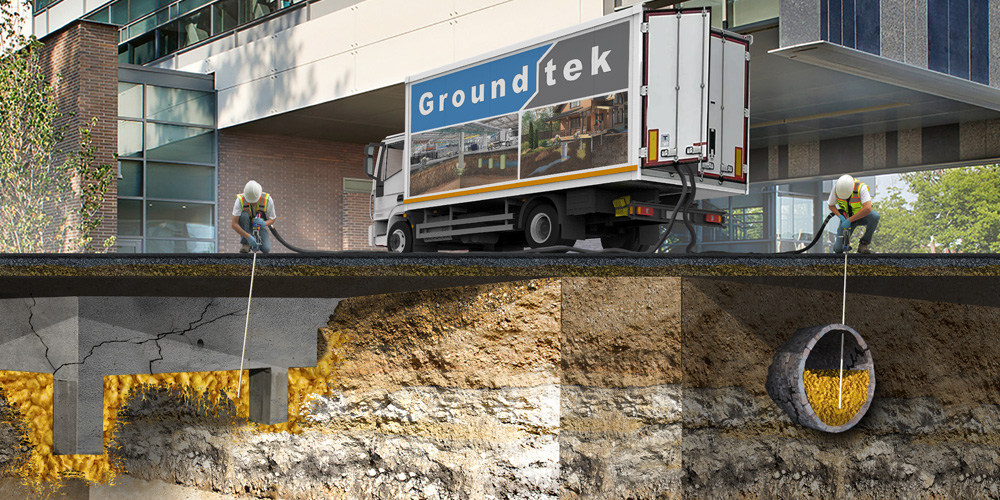
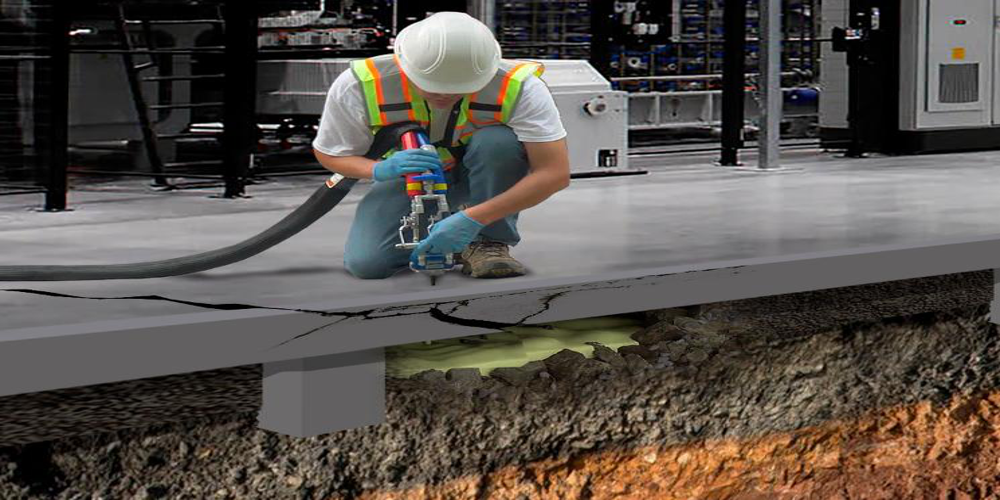
2 сomments
Evseev Aleksandr· Sept. 23, 2021
And how to determine which cause of cracks in a residential building?They turn out to be so much ...
6 thumb_up
replyReply
Aleksandr Efimchik (inzhener GROUNDTEK) Sept. 23, 2021
The survey will open up the current reasons and will call probable reasons from the past, but not a single examination can guarantee
8 thumb_up
Minina Svetlana· July 15, 2021
Salute, I have a house without armopoyas, cracks on the wall, how to determine the sediment or problem in Armopoyas?
8 thumb_up
replyReply
Aleksandr Efimchik (inzhener GROUNDTEK) July 15, 2021
Survey the base and the exclusion method to understand whether there is a share of problems with the basis of Armopoyash deformations
1 thumb_up